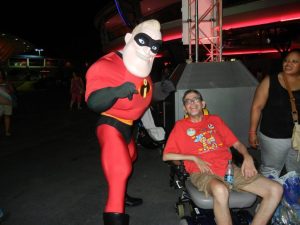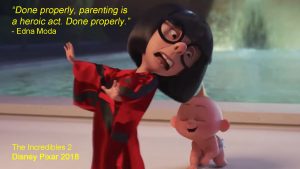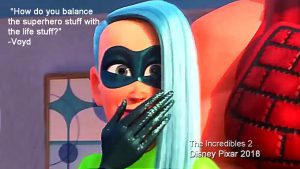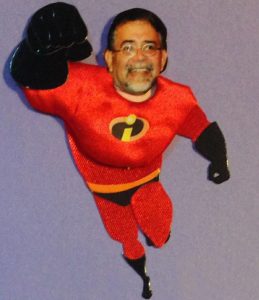Mulan’s Anniversary: Reflections of Caregiving, Grief And Who I Am Inside
Reflection
Music by Matthew Wilder
Lyrics by David Zippel
Performed by Lea Salonga
Mulan (1998) Walt Disney Feature Animation
Today is the anniversary of the release of Mulan. It was actually the first Disney film Ben and I saw together when we began dating. It is hard to believe it was 21 years ago. At that time, Ben was not quite the Disney fanatic that I was, but he wanted to impress me so we made frequent visits to the Disney Store and he took me to see this film on opening day in what became our tradition of opening day viewings of Disney and Pixar films. As it turned out, Ben loved this film and he was very happy to find Mulan ornaments for our Christmas tree. He particularly loved the song in this clip, Reflection. I can relate to it, although Mulan was struggling with her identity within her family and I am struggling more within myself.
Somehow I cannot hide
Who I am, though I’ve tried.
When will my reflection show who I am, inside?

Ben loved Mulan and Buzz Lightyear!
I’ve written a lot about feeling like I was, and still am, floundering, because when I lost my dad and Ben, I also lost my role as a caregiver. Caregiving consumed my life. I did what I was expected to do but also what I felt in my heart was the right thing to do. Despite the emotional and physical stress, it was the most important, meaningful and loving work I have ever done. The attentive and devoted caregiver was who I was inside and out. Caregiving also revealed to me a strength that I never would have believed I possess, and that my often emotional demeanor would never have conveyed. Once that role was removed, I lost myself and my reflection was blurred.
Because caregiving was so much of who I’ve come to be, it is difficult for me when I realize that people I meet now do not know the story of Ben and my dad. I am no longer known as Abby, Ben’s caregiver, or Abby who was so devoted to her dad and her husband. Being my dad’s caregiver and his whole world, and being the person at Ben’s side throughout his battle with ALS are aspects of how I see myself, even though those actual days are done. Presenting myself apart from Ben, as a person on my own, seems incomplete, and almost disrespectful. I have to keep reminding myself that Ben is still a part of everything that I do and we will always be connected. However, I have to find my own way now.
Now, when I look at myself, I see much of the former, more eccentric and whimsical Abby, though I was changed by seeing my dad and Ben face death and by having the responsibility of caregiving. I still do struggle with compartmentalizing my caregiving experiences and losses. The truth is that I embraced my caregiving qualities as positive parts of myself. It is an accomplishment to feel proud of myself, and caregiving did that for me, though it took a long time after the fact for me to realize it. My struggle has been finding a balance of being true to Ben and my dad, and true to myself, while living in the present. I want the Abby I am now to reflect all of those experiences without remaining immersed in only memories.
I have managed to integrate my caregiving into volunteer work, which is great. I did a small program with my local ALS chapter for children who are affected by ALS in their families. It was great because my background is in arts education and I care deeply about children. I also made a connection and volunteered for an organization called Hope Loves Company, which serves children who are affected by ALS in their families. I attended one of their family camps and did a scrapbooking workshop, which the kids (and I!) enjoyed. I know the importance of memories and I hope that creating a scrapbook leaves a lasting idea of ways to express their experiences and feelings. I look forward to continuing to volunteer. I am thrilled to see that my blog has built some new connections and provided support to caregivers and, in some cases, to people with ALS. I will continue to explore ways to reach out to this community and to the community of young caregivers. In this new phase of my life, my “new” and maybe somewhat “improved” self is exploring the possibilities for self-exploration and reinvention that will hopefully allow me to make a difference in the lives of others and maintain my tie to Ben, my dad and caregiving. I would love to know that they are proud of me and happy that they are continuing to inspire me. I know that inside myself, I hold all of my love and experiences.
All of our experiences help us grow and evolve. I will always see the people I’ve cared for, loved and lost in my reflection and I am proud and comforted that this will always keep their spirits alive and close. I hope that what others see in me honors them and our love and does justice to all of us.








